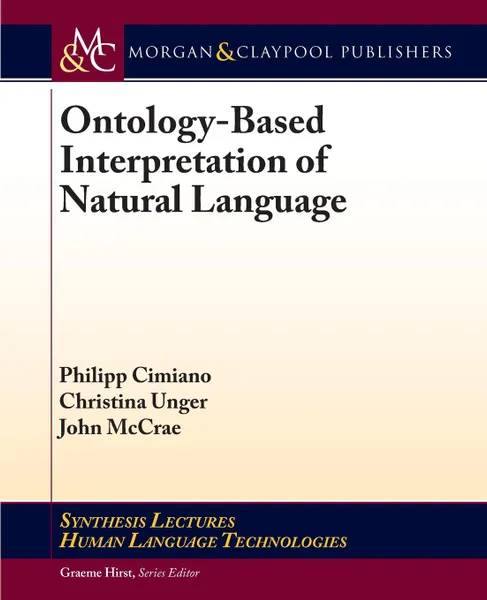Ontology-Based Interpretation of Natural Language 12+
180 страниц
Категория: Компьютерные технологии
ISBN: 9781608459896
Язык: Английский
🔖 For humans, understanding a natural language sentence or discourse is so effortless that we hardly ever think about it. For machines, however, the task of interpreting natural language, especially grasping meaning beyond the literal content, has proven extremely difficult and requires a large amount of background knowledge. This book focuses on the interpretation of natural language with respect to specific domain knowledge captured in ontologies. The main contribution is an approach that puts ontologies at the center of the interpretation process. This means that ontologies not only provide a formalization of domain knowledge necessary for interpretation but also support and guide the construction of meaning representations.We start with an introduction to ontologies and demonstrate how linguistic information can be attached to them by means of the ontology lexicon model lemon. These lexica then serve as basis for the automatic generation of grammars, which we use to compositionally construct meaning representations that conform with the vocabulary of an underlying ontology. As a result, the level of representational granularity is not driven by language but by the semantic distinctions made in the underlying ontology and thus by distinctions that are relevant in the context of a particular domain. We highlight some of the challenges involved in the construction of ontology-based meaning representations, and show how ontologies can be exploited for ambiguity resolution and t...
Мнения
